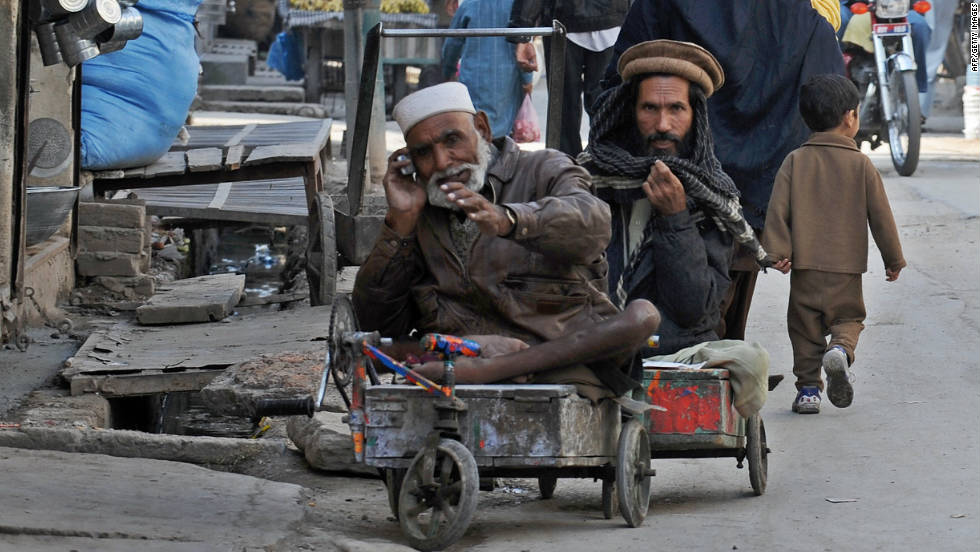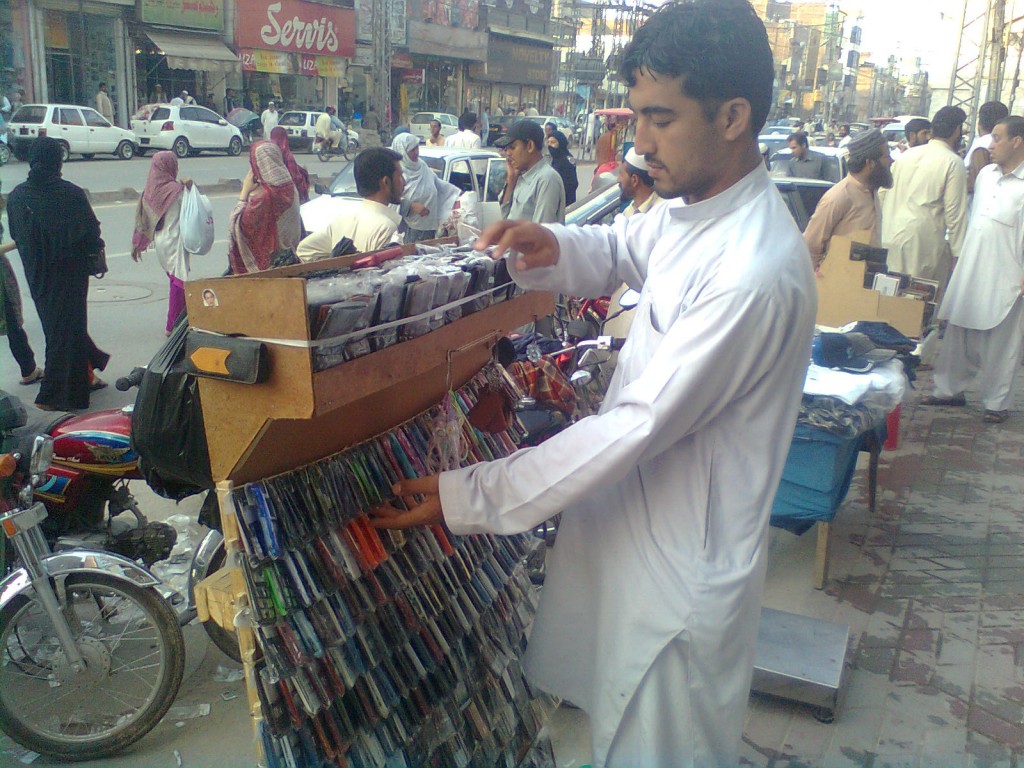Pakistan has just passed a new anti-terror law that will see 100 million cellphone users in the country forced to submit their fingerprints to a national database by April 12 or get cut off from the network.
Prompted by concerns about a proliferation of illegal and untraceable SIM cards, the directive is the most visible step so far in Pakistan’s efforts to restore law and order after Taliban militants killed 150 students and teachers at a school in December. Officials said the six terrorists who stormed the school in Peshawar were using cellphones registered to one woman who had no obvious connection to the attackers.
“The Peshawar attackers were communicating [via cellphone] with their handlers across the border in Afghanistan,” a security official told NBC News on Tuesday on condition of anonymity. “We have to take those advantages away from them.”

But the effort to match one person to each cellphone number involves a jaw-dropping amount of work. At the start of this year, there were 103 million SIM cards in Pakistan — roughly the number of the adult population — that officials were not sure were valid or properly registered. In the past six weeks, 53 million SIMs belonging to 38 million residents have been verified through biometric screening, officials said.
“Once the verification of each and every SIM is done, coupled with blocking unverified SIMs, the terrorists will no longer have this tool,” said a senior Interior Ministry official, who was not authorized to speak publicly about the government’s security policy. “The government knows that it’s an arduous job, both for the cellular companies and their customers, but this have to be done as a national duty.”
Customers who spend enough money on their cellphone bills have the luxury of an official turning up at their doorstep with a thumbprint reader. The rest must endure long lines at their local provider’s office.



